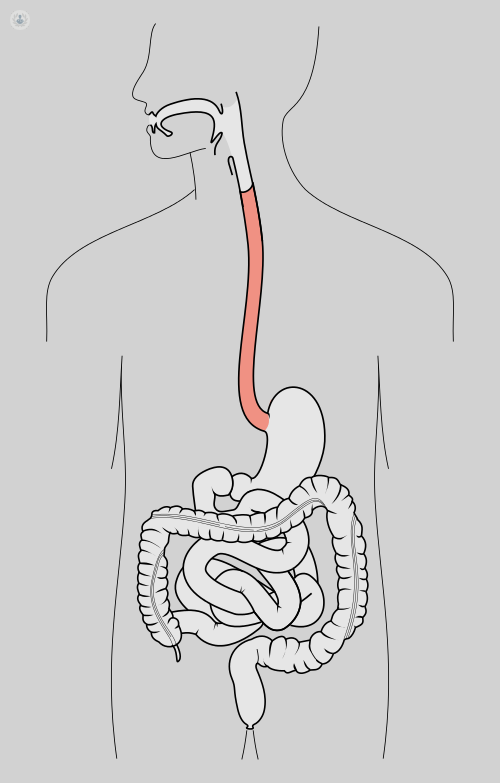Technical and possible risks of esophageal pH monitoring 24h
Written by:Before
 The expert explained Gastroenterology that the achievement of the pH monitoring the patient must be fasting at least 6 to 8 hours. In addition, unless the prescribing physician indicates otherwise, the suspension of certain medications such as proton-pump inhibitor (omeprazole, pantoprazole, lansoprazole, etc.) at least 7 days before or H2-receptor antagonists (ranitidine is necessary, famotidine, etc.) at least 2 days before. Moreover, if the patient is taking other medications such as calcium channel blockers or nitrates, you should consult the prescribing physician the need to suspend; the patient should never do on their own.
The expert explained Gastroenterology that the achievement of the pH monitoring the patient must be fasting at least 6 to 8 hours. In addition, unless the prescribing physician indicates otherwise, the suspension of certain medications such as proton-pump inhibitor (omeprazole, pantoprazole, lansoprazole, etc.) at least 7 days before or H2-receptor antagonists (ranitidine is necessary, famotidine, etc.) at least 2 days before. Moreover, if the patient is taking other medications such as calcium channel blockers or nitrates, you should consult the prescribing physician the need to suspend; the patient should never do on their own.
During
24-hour pH monitoring does the patient should record on a sheet the start and end of meals and rest periods and the presence and duration of symptoms such as burning, pain, cough, nausea, etc.. This information is essential for the correct interpretation of results. It is also important that during this time the patient follow the pace of normal life, without restrictions or tabáquicas food or alcoholic, if they are part of the routine patient. Only then reflux characteristics realistically be played. It is possible, however, that depending on the patient's work activity this day can not go to work. The only thing the patient may not realize is showering or bathing, since the recording device can not be wet.
Then
After the test the patient can lead a normal life and resume your usual medication prior to the test.
Esophageal pH monitoring risks 24h
Normally esophageal pH monitoring is generally well tolerated. The introduction and passage of the tube through the nose and throat as much produce some discomfort, although the patient is quickly accustomed to this feeling.
The most common risks associated with pH monitoring are minor. During catheterisation nausea, nasal or throat discomfort, irritating cough and sometimes small nosebleeds that usually subside spontaneously may occur.
Moreover, rarely it happens that you can not enter the tube through the nose or the patient is intolerant to it, so the premature termination of the test occurs.


